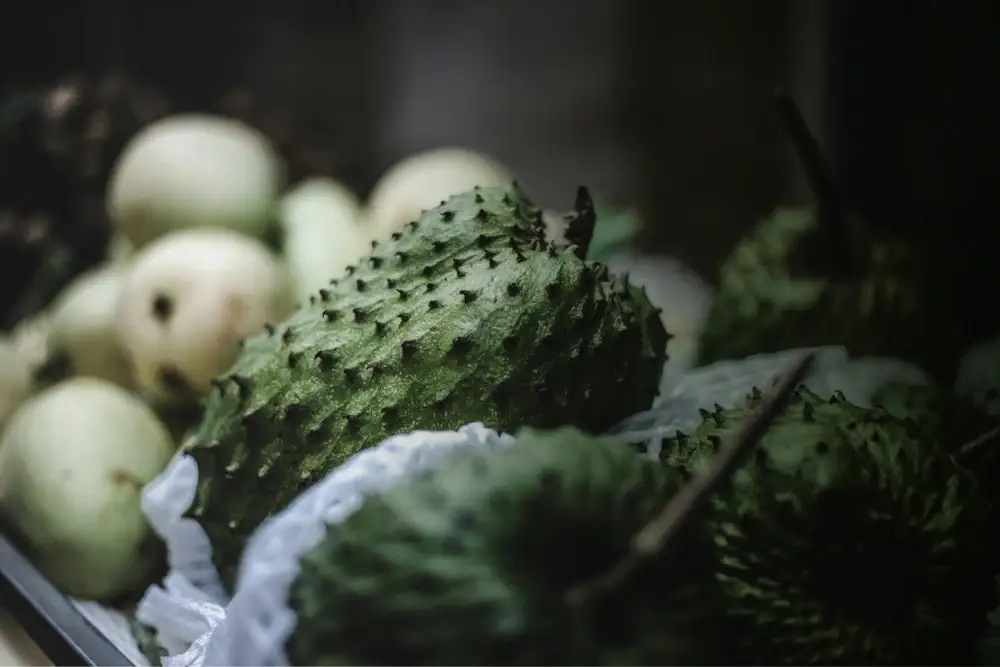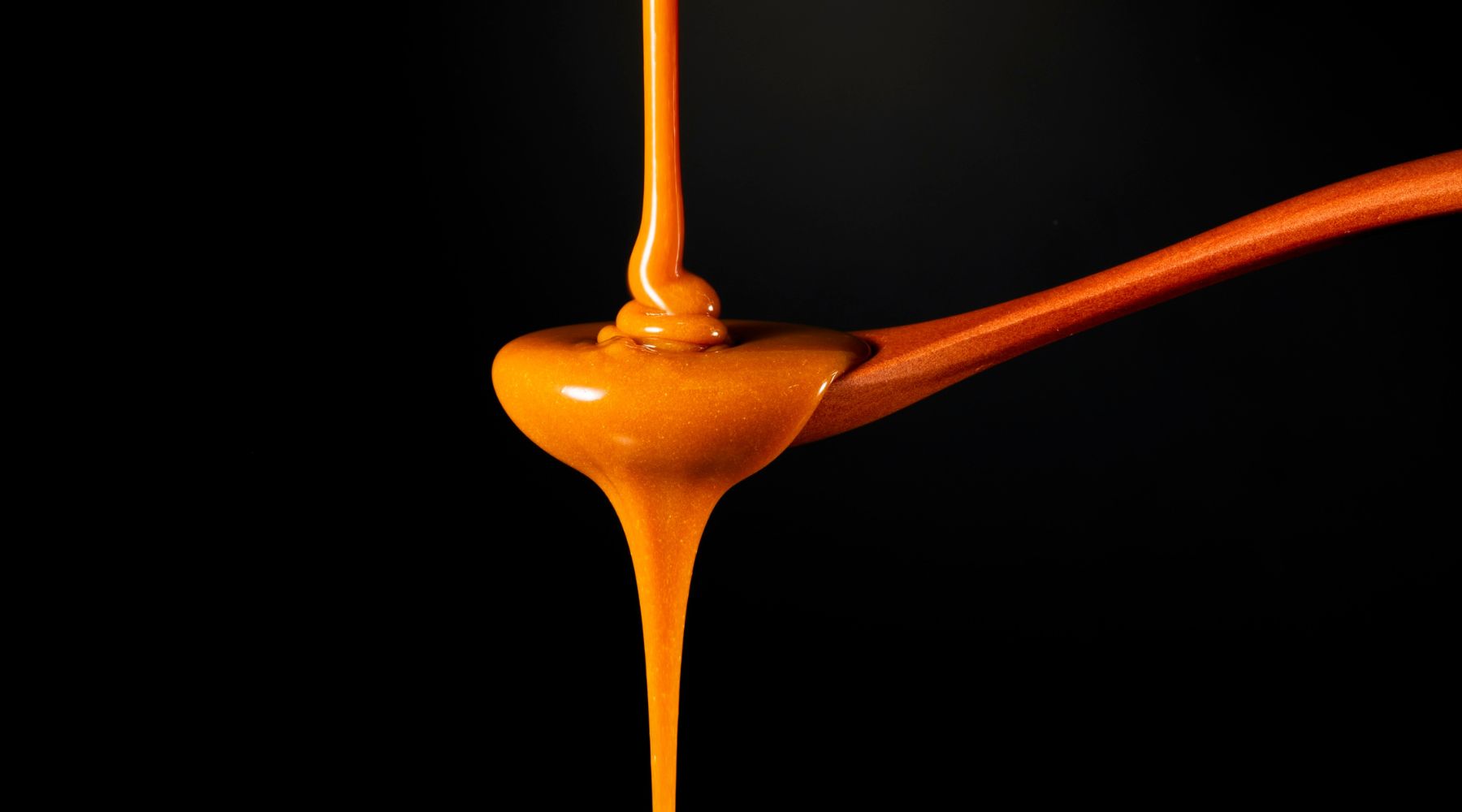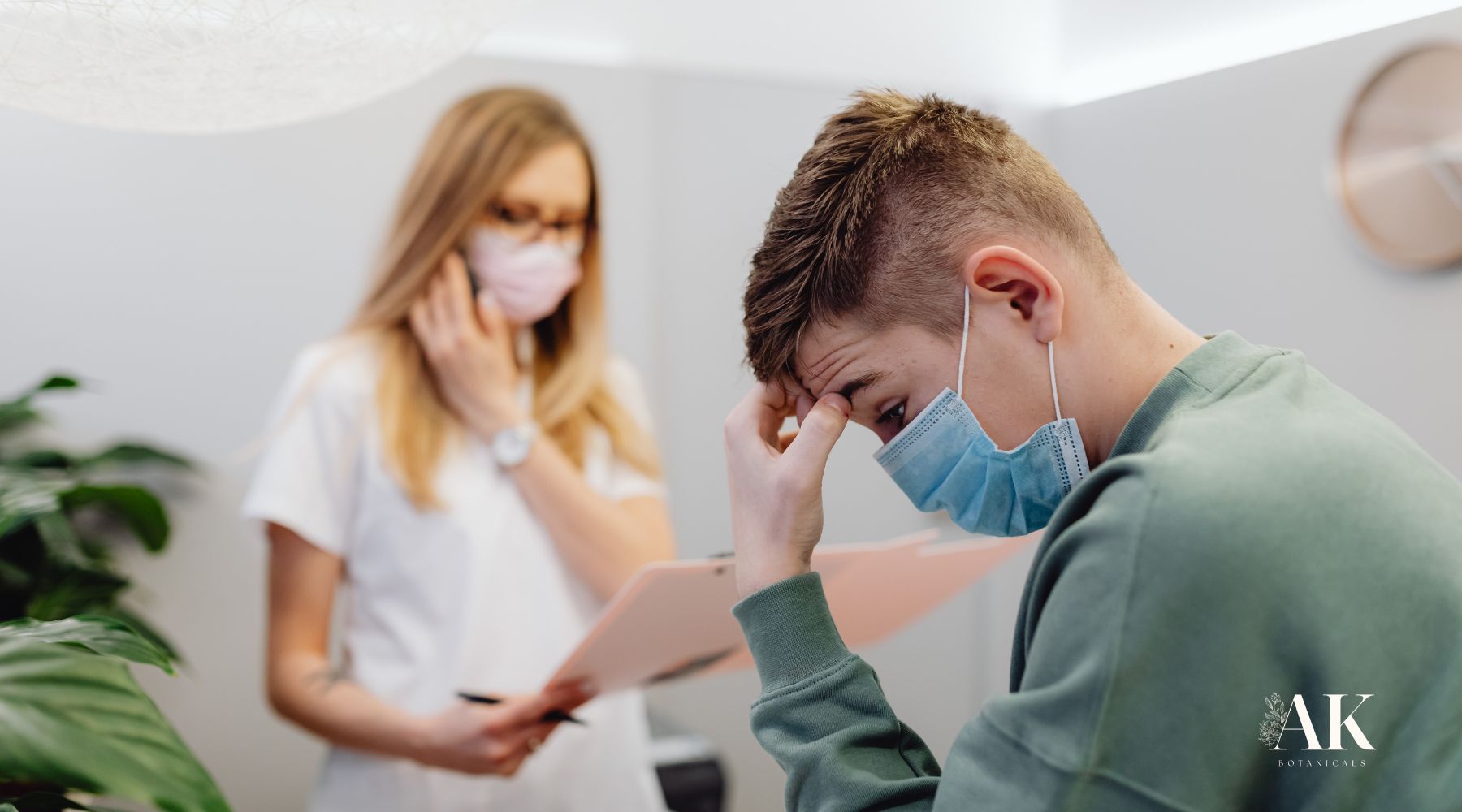
Actinic Keratosis: Can Diet and Natural Approaches Help?
Actinic Keratosis (AK) can feel like a ticking time bomb for anyone who's spent years under the sun. These dry, scaly patches - often appearing on the face, ears, hands, or scalp - are more than just a cosmetic concern. They’re considered precancerous and can sometimes progress to squamous cell carcinoma, a type of skin cancer. The term “actinic” refers to damage caused by UV light exposure, which is the root cause of these keratoses.
While dermatologists often recommend treatments like cryotherapy, photodynamic therapy, or prescription creams, many people also explore holistic approaches to complement professional care. This includes adjusting diet and incorporating botanical solutions that support overall skin wellness from within and out. For many, combining a professional plan with dietary and natural interventions feels empowering and proactive.
What Is Actinic Keratosis?
Actinic keratosis results from long-term sun exposure. UV radiation damages skin cell DNA, and over time, that damage can accumulate, resulting in rough, raised patches. These may look like red, brown, or pink crusty spots that don’t heal.
AK is common, especially among fair-skinned individuals over 40 with significant sun exposure. While not all AKs progress, prevention, early diagnosis, and thoughtful care remain essential.
How Diet May Support Skin Wellness
Research suggests dietary patterns influence how our skin responds to environmental stressors like UV radiation. Nutrients affect inflammation, cell regeneration, and your body’s natural repair systems. While diet alone is not a treatment for AK, nourishing your skin from within is a meaningful part of any holistic approach.
1. Antioxidants: The Skin’s First Line of Defense
Antioxidants help neutralize free radicals - unstable molecules that contribute to cell damage and aging. Foods rich in antioxidants include: Berries (blueberries, strawberries, blackberries); Leafy greens (spinach, kale, arugula); Colorful vegetables (carrots, bell peppers, tomatoes); Nuts and seeds (especially sunflower seeds and almonds for vitamin E); Green tea (rich in polyphenols.
2. Omega-3 Fatty Acids: Inflammation Support
Omega-3s have powerful anti-inflammatory properties, supporting overall skin health.
Sources include: Fatty fish (salmon, sardines, mackerel); Chia seeds; Flaxseeds; Walnuts.
3. Vitamin D: The Sunshine Paradox
While sun exposure triggers vitamin D production, excess UV exposure contributes to AK risk. Food sources include: Fortified dairy and plant milks; Eggs (especially yolks);
Fatty fish; UV-exposed mushrooms.
Consider testing your levels and discussing supplementation with your healthcare provider.
4. Zinc: Skin Repair and Defense
Zinc plays a role in skin healing and immune function. Sources include: Pumpkin seeds; Chickpeas; Cashews; Oysters; Beef and poultry.
Foods to Limit for Skin Health
Certain foods may contribute to chronic inflammation, such as: Processed meats; Refined sugars and carbs; excess alcohol; excessive processed foods.
A Mediterranean-style diet focused on whole foods and healthy fats supports overall wellness.
Natural Botanicals for Skin Wellness
While diet supports healing from within, botanicals can nurture and comfort skin from the outside. Here are a few widely used options:
1. Green Tea Extract
Green tea compounds have antioxidant and calming properties. Topical green tea extracts or compresses with cooled green tea bags can provide a soothing skin experience.
2. Curcumin (Turmeric Extract)
Curcumin is known for its antioxidant support. It can be used in food, supplements, or skin oils (with caution due to potential staining).
3. Aloe Vera
Aloe vera is known to hydrate, soothe irritation, and support the skin’s natural renewal processes. Fresh aloe gel or organic creams are common choices.
4. Frankincense Oil
Traditionally used to nurture skin, frankincense essential oil should be diluted with a carrier oil before use and patch-tested for sensitivity.
5. AKti-Clear: Focused Botanical Care for Sun-Exposed Skin
AKti-Clear by AK Botanicals is a concentrated, botanically infused topical created to support skin exposed to years of sun.
Formulated with Soursop fruit and Bloodroot extracts, it is designed for targeted use to nurture rough or sun-challenged areas and promote the natural appearance of healthy skin.
Our approach draws inspiration from traditional plant-based practices, offering an option for individuals seeking focused botanical care as part of their skin wellness strategy.
As always, consult your dermatologist regarding any new skincare approach, especially if lesions change rapidly or appear suspicious.
Lifestyle Habits to Complement Natural Approaches
Sun Protection is Essential
Wear a wide-brimmed hat and UV-protective clothing
Apply mineral sunscreen (SPF 30+) daily
Avoid midday sun exposure (10 a.m. – 4 p.m.)
Stay Hydrated
Water supports skin function and overall detoxification. Aim for at least 8 glasses daily.
Manage Stress
Chronic stress impacts immunity and skin health. Mindfulness, breathing exercises, and restful sleep can enhance your skin’s natural resilience.
Consider Anti-Inflammatory Practices
Intermittent fasting or low-inflammatory dietary patterns may support overall skin clarity and immune balance, but always consult your healthcare provider first.
Actinic keratosis can feel intimidating, but caring for your skin doesn’t have to be. Combining professional medical guidance with nourishing foods, botanical solutions, and mindful sun habits helps you take proactive steps for healthier-looking skin.
Healing isn’t about choosing between natural and conventional approaches - it’s about integrating both to feel your best.
Disclaimer: This blog is intended for informational purposes only and does not constitute medical advice. AKti-Clear is not intended to diagnose, treat, cure, or prevent any disease. Always consult your dermatologist for personalized care.




